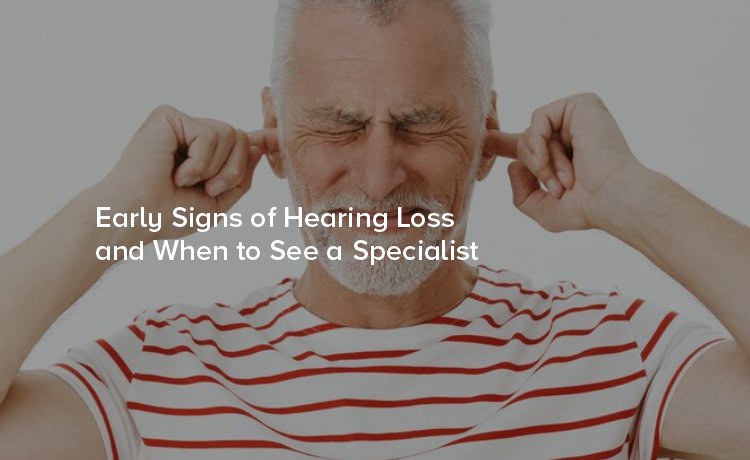
Hearing is something we often take for granted—until it starts to fade. While hearing loss is commonly associated with aging, it can affect people of all ages for a variety of reasons. Recognizing the early signs is crucial, as timely intervention can significantly improve your quality of life. But how can you tell if your hearing is deteriorating, and when should you seek professional help?
Before we dive into the signs, it's important to understand what hearing loss entails. It occurs when one or more parts of the ear—be it the outer, middle, or inner ear—stop functioning as they should. Hearing loss is categorized into three main types:
Each type varies in severity, from mild hearing difficulties to profound hearing loss, making early detection all the more vital.
Hearing loss often creeps in gradually, making the signs easy to miss. If you notice any of the following symptoms, it may be time to pay closer attention:
1. Frequently Asking People to Repeat Themselves
Do you find yourself saying, “Sorry, could you say that again?” more often? Struggling to catch what others say is a common early sign of hearing issues. You may find it particularly challenging to hear conversations in noisy environments like restaurants or busy offices.
2. Turning Up the Volume
If you often crank up the TV or radio to a level that others find too loud, you might be compensating for reduced hearing sensitivity. Pay attention to comments from family or friends—this could be one of the earliest red flags.
3. Trouble Following Group Conversations
Hearing loss can make it difficult to process and focus in group settings. You may tire quickly from the effort required to follow along, especially when several people are talking at once.
4. Difficulty Understanding High-Pitched Sounds
High-frequency sounds, like children's voices or birdsong, are usually the first to go when hearing starts to decline. If these once-audible noises seem to vanish altogether, it’s worth investigating.
5. Tinnitus (Ringing in the Ears)
An often-overlooked sign, tinnitus manifests as ringing, buzzing, or other phantom noises in the ears. While not always linked to hearing loss, it can signal inner ear damage or the onset of hearing issues.
6. Missing Everyday Sounds
Perhaps you no longer hear the doorbell, the ticking of a clock, or other subtle sounds you previously noticed. Over time, the consistent absence of these cues can indicate auditory decline.
7. Social Withdrawal
If you notice yourself avoiding social situations because following conversations has become too challenging, this could be a coping mechanism for underlying hearing loss. This withdrawal can take a toll on your relationships and emotional well-being.
8. Straining to Hear on the Phone
The lack of visual cues during phone calls can make hearing difficulties more apparent. If phone conversations are becoming frustrating or unclear, your hearing might be affected.
While aging is the most well-known factor, many other issues can contribute to hearing loss:
If you’ve recognized any early signs of hearing loss, the next step is to consult a hearing specialist, such as an audiologist or an otolaryngologist (ear, nose, and throat doctor, or ENT). But how soon should you make that call?
Here are some situations that should prompt an appointment:
A hearing specialist will perform evaluations to determine the cause and extent of your hearing loss:
Seeking professional help early prevents the problem from escalating and opens the door to effective treatment options.
Hearing loss doesn’t have to be inevitable. Small changes in your daily life can prevent or slow down auditory decline:
Hearing loss can profoundly impact your quality of life, but it doesn’t have to. By recognizing the early signs and seeking professional care, you can maintain your hearing health and enjoy the sounds around you for years to come.